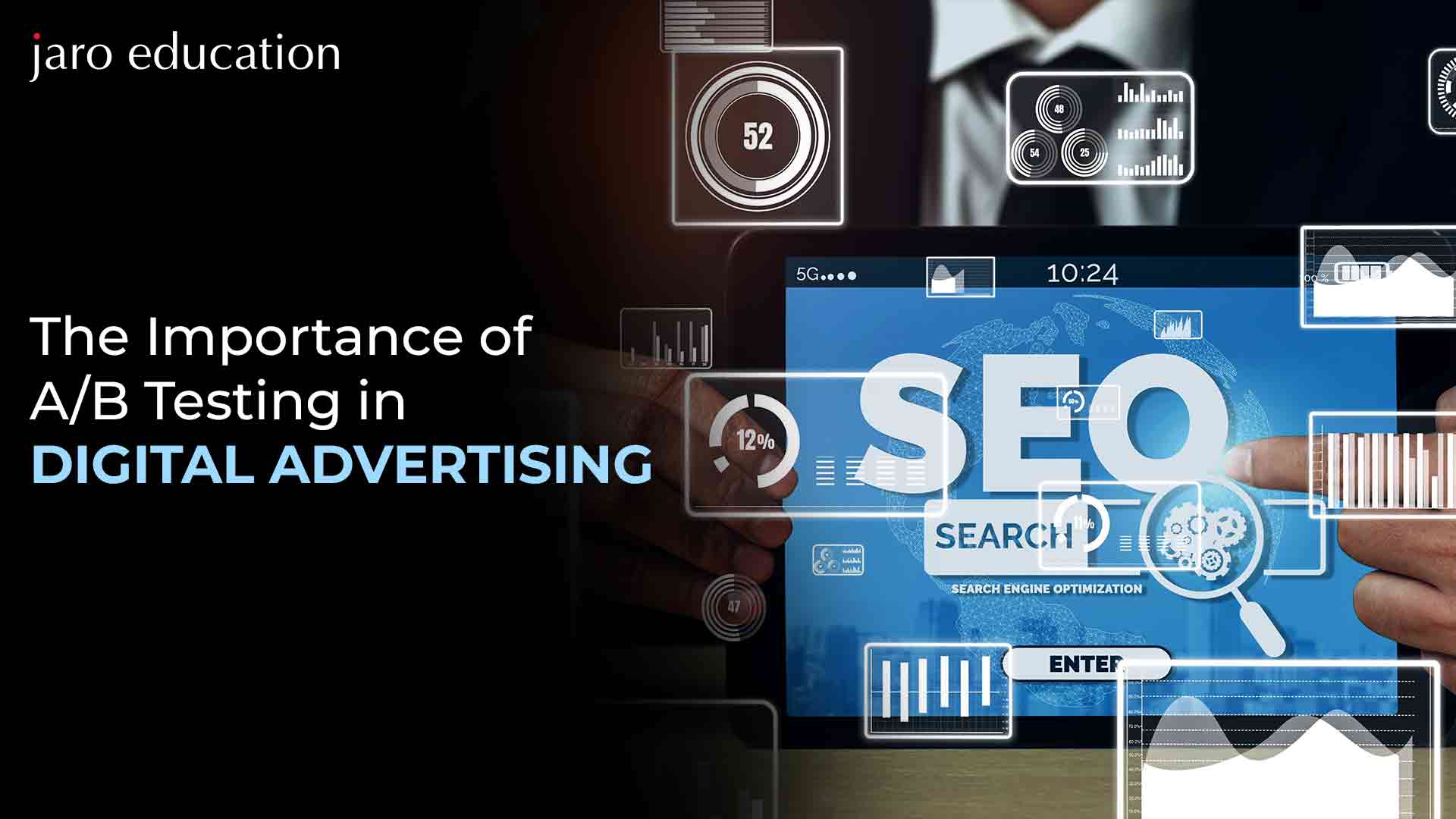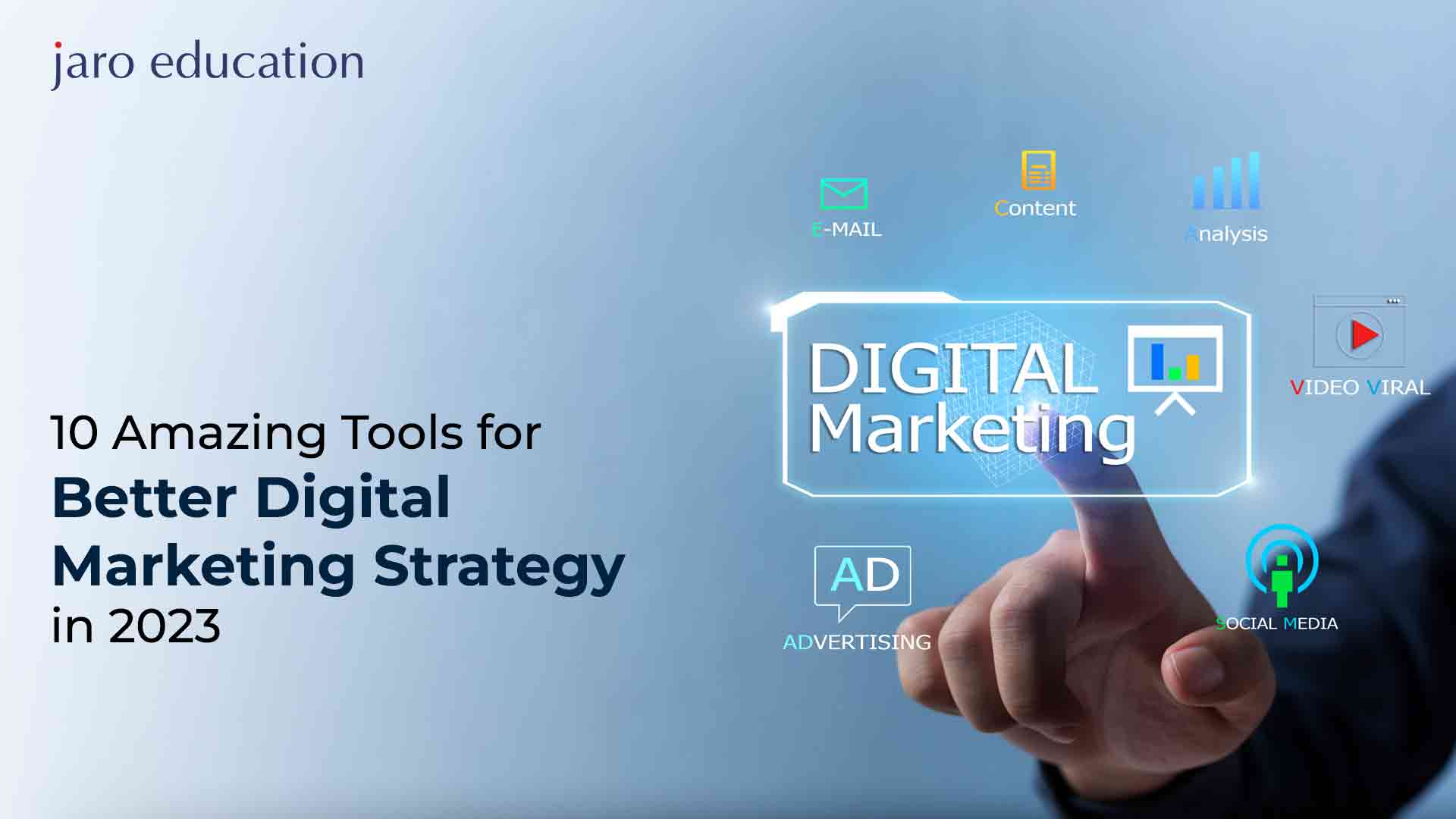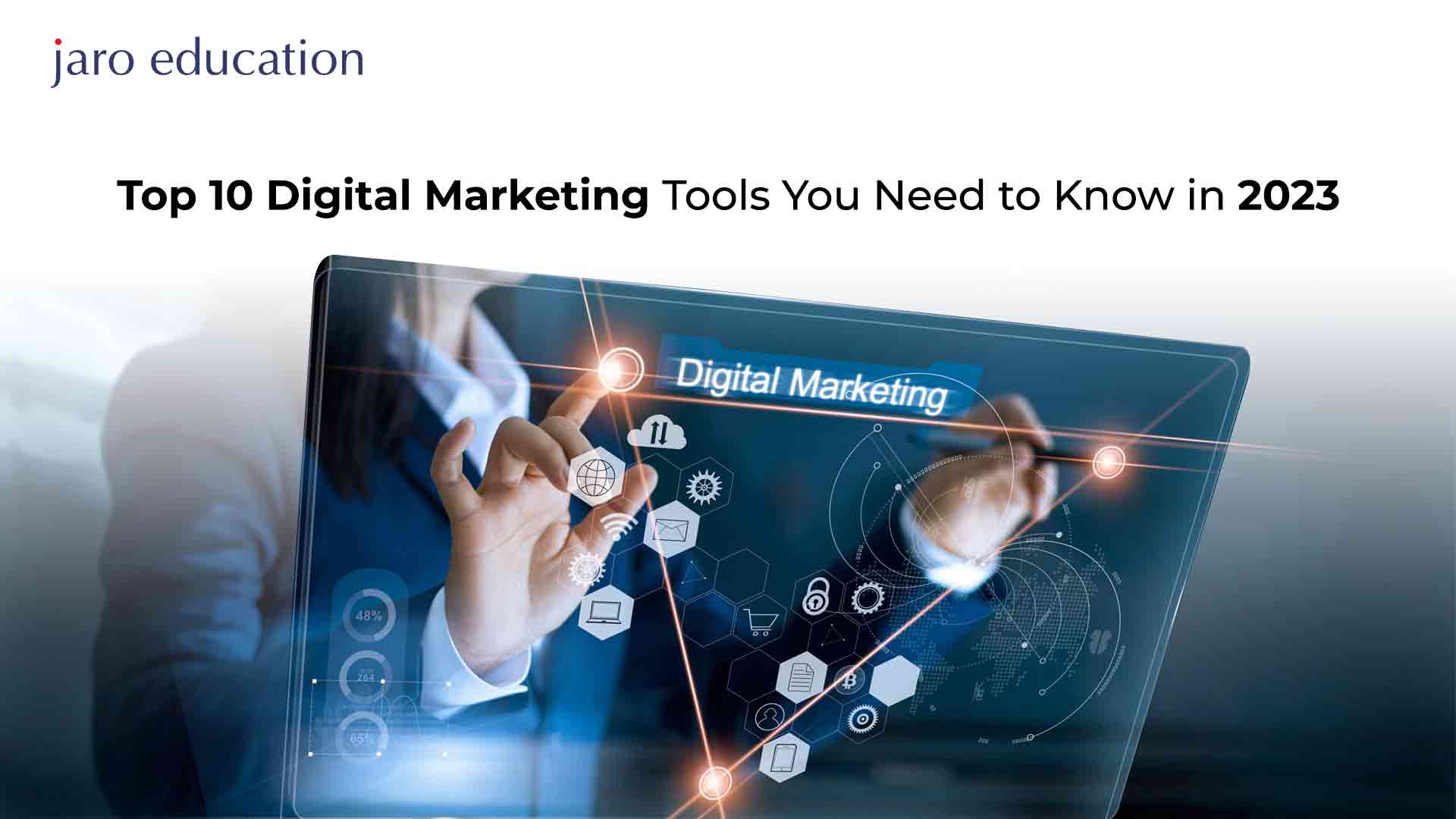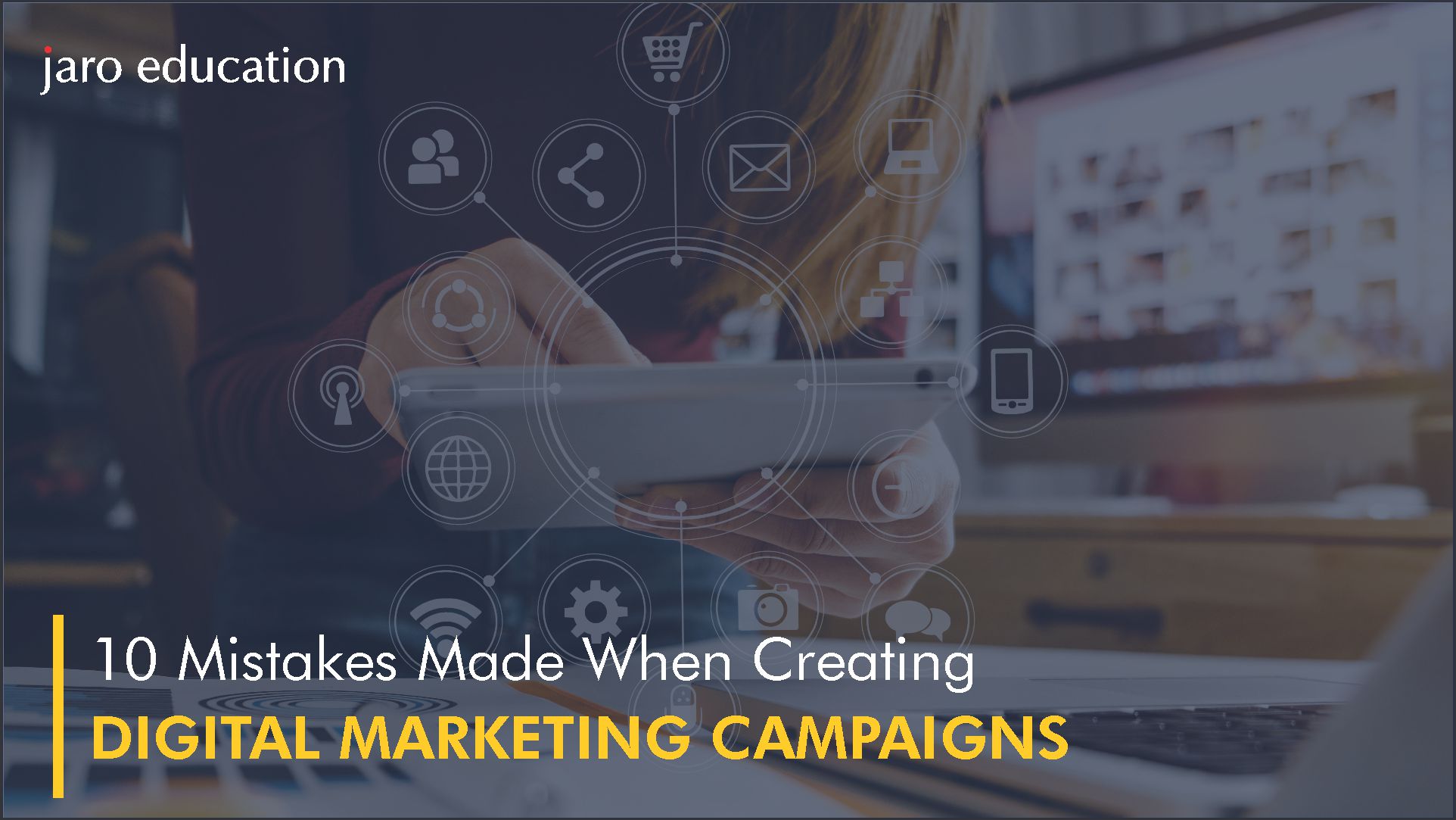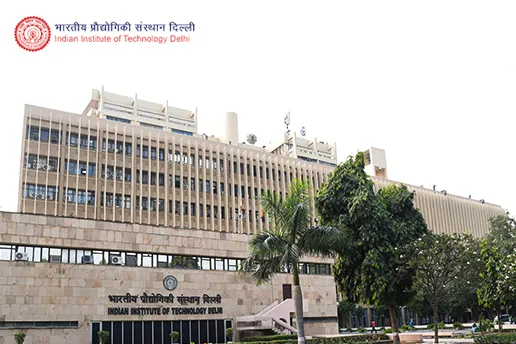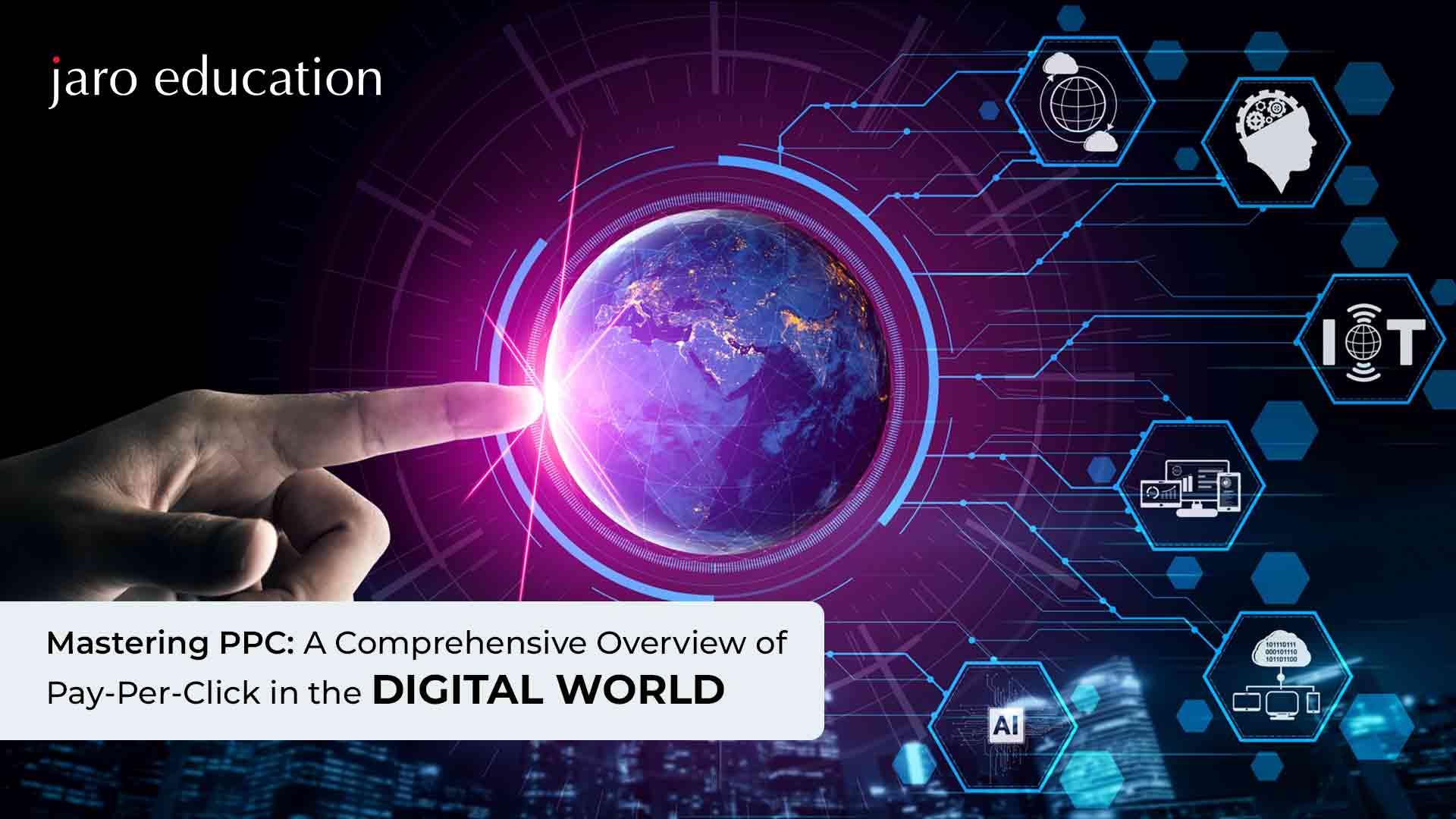
Demystifying PPC: Your Guide to Understanding Digital Marketing's Pay-Per-Click Strategy
PPC in digital marketing serves as a powerful tool. It pays the advertisers every time when someone clicks on their ads. This method essentially allows you to “purchase” visits to your website while simultaneously driving organic traffic.
One of the most widely adopted types of PPC in digital marketing is search engine advertising, which empowers advertisers to secure ad placements within a search engine’s sponsored links. This method is used when people search for keywords relating to their company’s offers. For instance, if we were to bid on the keyword “Google Shopping Management,” our ad could appear at the pinnacle of Google’s search results page. Google Shopping is a perfect instance of how PPC advertising may improve both exposure and revenue.
To be successful in the ever-changing digital industry, it is vital to enrol in a programme like IIM Visakhapatnam’s PG Certificate in Digital Marketing and Growth. This 12-month program is designed to assist in dealing with the challenges associated with digital marketing and helps advance your career. Apply now to prosper your career in the world of digital marketing.
Benefits of Pay-Per-Click Advertising
PPC, or Pay Per Click advertising, offers numerous benefits for businesses, including:
Cost-effectiveness
Optimised PPC campaigns can be cost-effective because you only pay when someone clicks on your ad, ensuring you spend your budget on engagement.
Increased visibility
When customers search for relevant terms, your advertising may appear on the first page of search results if you employ PPC, providing your brand with more exposure and visibility.
Targeted traffic
PPC allows you to target certain keywords and demographics, making sure that traffic sent to your website is more inclined to be intrigued by your products or services, boosting the possibility of conversions.
Table of Contents
Multiple ad campaigns
With PPC, you can run multiple ad campaigns for different keywords, tailoring your messaging and reaching a broader audience.
Higher click-through rates (CTR) and conversions
Well-optimised PPC campaigns tend to have higher click-through rates designed to attract relevant users. This leads to increased conversions and ultimately boosts your sales revenue.
Instant traffic
Unlike organic search efforts, PPC provides immediate results. PPC produces results right away, unlike organic search initiatives. Once your campaigns are set up, your advertising can immediately direct traffic to your website.
Achieving success with PPC requires careful planning and execution. Further, it involves selecting keywords, organising them into well-structured campaigns and ad groups, and creating optimised landing pages to improve conversion rates. By developing highly relevant and targeted PPC campaigns, search engines may reward you with lower-cost ad clicks. Google, for example, may lower your cost per click if your ads provide value and relevance to users, ultimately leading to a higher return on ad spend and increased profitability.
Who needs to utilise PPC?
Pay Per Click advertising is perfect for small companies since they control how much they are ready to pay for every keyword, allowing them to budget for their advertisements. In simple terms, this makes certain that the funds you spend on advertising aren’t wasted by increasing the probability that you’ll bring in more customers who have an interest in your goods.
Guide to Conducting Effective PPC Keyword Research
-
Relevance
-
Exhaustiveness
-
Expansion
Best Practices for Managing Your PPC Campaigns
Managing your Pay Per Click campaigns effectively is crucial for ongoing success. By regularly monitoring and optimising your account, you can ensure that your campaigns continue to perform at their best. Here are some key practices to consider:
Continuously add relevant PPC Keywords
Expand the reach of your campaigns by regularly identifying and adding new keywords that are relevant to your business. This helps you capture additional traffic and potential customers.
Utilise negative keywords
Improve campaign relevancy and reduce wasted spend by adding non-converting terms as negative keywords. This prevents your ads from showing to irrelevant audiences, focusing your budget on more valuable clicks.
Review and optimise costly keywords
Regularly assess the performance of your keywords and identify any expensive, underperforming ones. If necessary, pause or remove these keywords to allocate your budget more effectively.
Refine landing pages
Align your landing page content and calls-to-action with the specific search queries of your audience. By customising landing pages based on user intent, you can improve conversion rates and provide a more tailored user experience.
Split ad groups
Enhance click-through rates (CTR) and quality scores by dividing larger ad groups into smaller, more focused ones. This allows you to create highly targeted ad text and landing pages, resulting in improved campaign performance.
Implementing these practices and regularly monitoring your PPC campaigns will help you optimise performance, increase conversions, and maximise the return on your advertising investment.
Leading PPC Advertising Networks
Google Ads: Maximising Your PPC Campaign Success
The most widely utilised PPC ad network is Google Ads. You may design campaigns using the platform that will promote all the services offered by Google. It’s vital to select the appropriate ad style and keywords because Google Ads ranks prospective advertisers according to the quality, significance, and scope of their ads, along with the amount they offer.
Google Shopping: Maximising Product Visibility and ROI
Google Shopping is a powerful PPC channel that allows retailers to showcase their products to interested shoppers. Integrated with Google Ads, Google Shopping offers significant advantages for businesses aiming to increase visibility and drive website traffic. Here’s how the platform is advantageous for gaining reach and leading to conversion.
Amplified visibility and impressions
With Google displaying your products as part of the Search Engine Results Page through Google Shopping significantly boosts visibility and impressions. This exposure can attract more potential customers to your website or page.
Competitive bidding for prime placement
In Google Shopping, advertisers compete by placing bids to secure favourable positions on the Shopping carousel. This preference may stem from believing that the top ad represents a high-quality retailer or offers the best price.
Managing Google Shopping effe 8ctively
Successfully managing Google Shopping can be a complex task. Retailers have various options, including different automation techniques, manual management, or enlisting the assistance of third-party agencies. Each approach has its merits and can contribute to maximising profitability on the channel.
Retailers may improve their product visibility, draw in niche audiences, and boost the total return on investment (ROI) for their PPC ads by utilising the possibilities of Google Shopping. To make the most of this dynamic advertising platform, it is crucial to keep up with the most recent tactics and methods.
YouTube Ads
YouTube advertisements are a popular form of internet advertising that lets people and companies advertise their goods or services on the YouTube platform. These advertisements come in various formats, including skippable video ads, non-skippable, and bumper ads. Sponsored cards have information within the video, and overlay advertising is displayed at the bottom of the video. Ads are bought on a cost-per-view (CPV) or cost-per-click (CPC) basis, allowing advertisers to target particular audiences based on demographics, interests, and behaviours.
Microsoft Ads
Microsoft Bing search engine and the Microsoft Advertising Network, a group of apps and websites that collaborate with Microsoft to display ads. These are the two places where individuals and companies can create and run advertisements.
A variety of ads, including search advertisements, product commercials, shopping advertisements, display ads, and video advertisements, can be made using this platform. These advertisements, which can be bought on a pay-click basis, are targeted at certain audiences based on interests, demographics, and behaviours.
Essential PPC Terms and Definitions
To navigate the world of PPC advertising, it’s important to familiarise yourself with key terms and definitions. Here are the main elements of a PPC campaign, from broader concepts to more specific terms:
1. Search Engine Marketing (SEM)
SEM includes all forms of digital marketing conducted on search engines such as Google, Yahoo, or Bing. It includes both paid advertising (PPC) and organic strategies like search engine optimization (SEO).
2. Cost-per-click (CPC)
The cost per click, or CPC, is the amount that an advertiser pays for each time their ad is clicked. It serves as the bid in an auction that determines ad placement. Higher bids typically result in better ad positioning. Advertisers set their maximum CPC, while the actual CPC is calculated based on factors like the competitor’s ad rank and the advertiser’s quality score.
3. Ad Rank
The position of an advertisement on a search engine results page is determined by Ad Rank. It is derived by dividing the highest bid by the ad’s quality score.
4. Quality Score
Quality Score is a rating assigned by search engines based on various factors such as the ad’s click-through rate (CTR) compared to the average CTR for ads in that position, keyword relevance, landing page quality, and historical performance on the search engine results page (SERP). A higher quality score may result in more advantageous ad placement and lower prices.
Understanding these terms is crucial for effectively managing and optimising PPC campaigns. By applying SEM, monitoring CPC, improving ad rank, and aiming for a high-quality score, advertisers can enhance their campaign performance and achieve their marketing goals.
Conclusion
PPC is critical in providing outstanding client experiences while minimising costs. Businesses can obtain an advantage over their competitors by utilising PPC techniques and streamlining the consumer journey. The precise abilities you have, the amount of experience you have gained in those skills, and your capacity to continually create growth for the firm all have a significant impact on your earning potential in the field of digital marketing, specifically PPC. Success on a personal and organisational level in this dynamic area depends on ongoing education and being current on PPC trends.
The PG Certificate in Digital Marketing and Growth course offered by IIM Visakhapatnam is an ideal opportunity to gain a deeper grasp of digital marketing. Jaro Education gives you a chance to sign up for this thorough program, which will help you attain useful skills through practical workshops led by business professionals.

